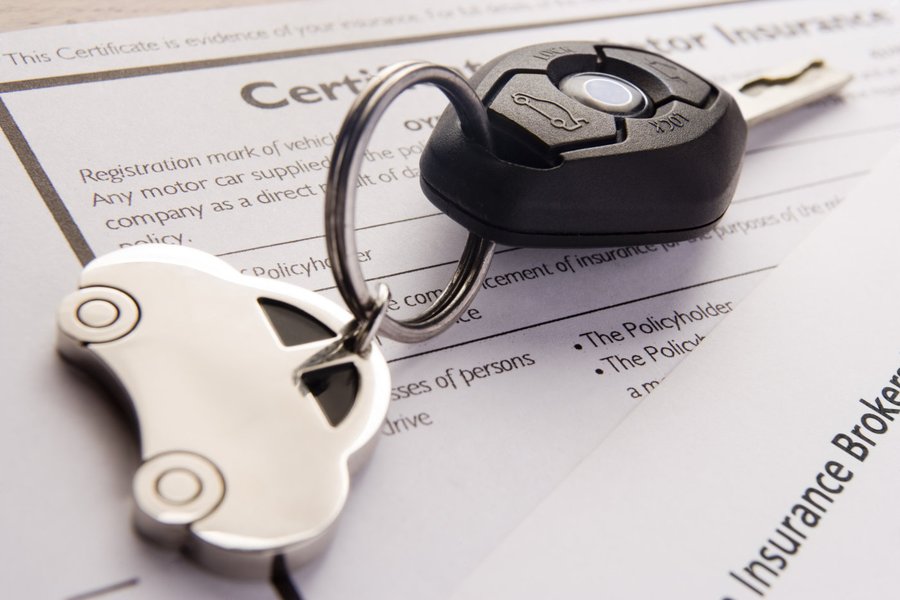Report Predicts How Autonomous Cars Could Disrupt Insurance Segment

Increasingly common autonomous features, including automatic braking and lane departure prevention, will reduce the frequency of common accidents - although crossovers and higher-tech vehicles may require costlier repairs - Moody’s analyst Jasper Cooper wrote in the report. Cooper said many insurers will hold off on lowering premiums for the next decade to ensure that those declines are permanent, and enjoy fatter profits in the meantime.
But over the long term, autonomous-driving technology threatens to undercut insurers’ business models as fully self-driving vehicles enter the market and become commonplace, Cooper said. As accident rates decline, premiums will likely have to fall as well.
“Widespread adoption of self-driving cars is still decades off, but it raises questions of what an auto insurer’s role will be in a world with far fewer accidents,” Cooper said in a statement. “Regulators, lawmakers and courts will have to determine how liabilities are shared among insurers, automobile manufactures and technology companies.”
Automakers including Ford, Nissan, Daimler and Tesla, and technology companies such as Google are developing fully autonomous vehicles with a goal of introducing them over the next few years. Cooper said a majority of vehicles could be self-driving by 2045, though significant “headwinds” remain, including further technology development and regulatory approvals.
While Cooper said the decline in accident rates is likely to be gradual, it could significantly cut into insurers’ revenue once the reduced risks are reflected in premiums. Personal and commercial auto policies combines to account for 43 percent of all written property and casualty premiums in 2014, according to Moody’s.
Despite that, Cooper said, “limited demand” for auto insurance will likely remain in the future since, among other factors, mechanical failures will still lead to accidents when self-driving cars are the norm, and because some vehicle owners will prefer to drive manually. He also said increased use of sharing services may boost demand for commercial auto insurance.
Cooper said that while the changes to auto insurance are likely to be “transformative,” companies will have decades to figure out how to adapt their business models.
“We expect significant industry changes over time including product diversification, innovation, consolidation, failure, and the rise of new entrants better able to capitalize on new trends,” Cooper wrote in the report.
Related News


